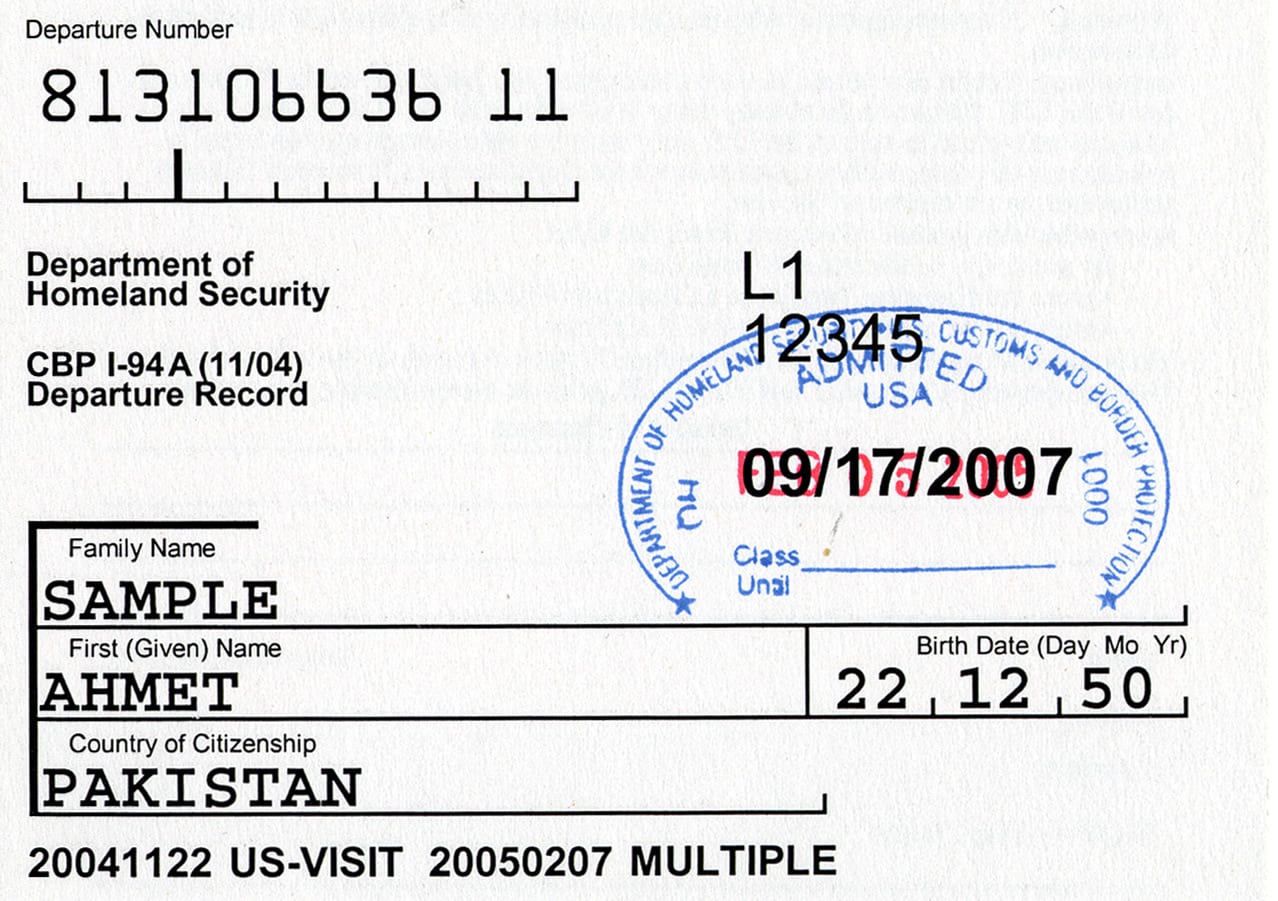U.S. does away with paper I-94 form for visitors

Skift Take
Ah, nostalgia. As every immigrant or visitor will attest, everyone has an I-94 story buried somewhere in their history in America, enough to fill many Tumblrs.
The U.S. Customs and Border Protection is doing away that small white paper that a lot of visitors are familiar with: the I-94 white paper form that's attached along with foreigner's passport/visa, in an
